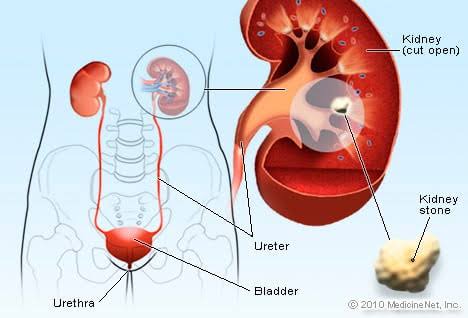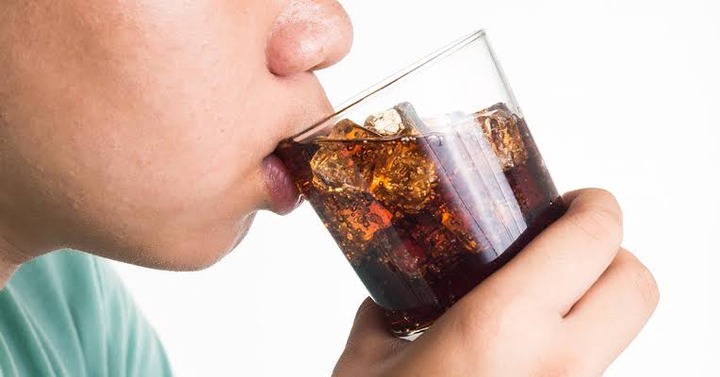Kidney stones are hardened deposits of salt and minerals that the kidneys were unable to filter properly. Some stones pass through the bladder during urination, but others do not, necessitating more significant and prolonged treatment to prevent kidney damage in the person concerned.
 Are you aware that some factors can increase a person’s chance of developing kidney stones? Excess or high intake of sugary drinks, beverages, and sodas is one of the variables that increases a person’s chance of developing kidney stones. This is because the majority of these beverages and carbonated drinks include harmful ingredients such as processed sugar, phosphoric acid, caffeine, and high fructose syrup.
Are you aware that some factors can increase a person’s chance of developing kidney stones? Excess or high intake of sugary drinks, beverages, and sodas is one of the variables that increases a person’s chance of developing kidney stones. This is because the majority of these beverages and carbonated drinks include harmful ingredients such as processed sugar, phosphoric acid, caffeine, and high fructose syrup.
When consumed in large quantities, these chemicals can be extremely harmful to the human body, and it has been shown that excessive consumption of soft drinks, sodas, or even beverages increases a person’s risk of kidney stones, as well as heart problems, diabetes, fatty liver disease, and a variety of other health problems.
However, in addition to the chemical content of most carbonated drinks, beverages, and sodas, there is another aspect that is widespread among those who use these beverages regularly. Caffeine, which is included in most sodas and carbonated drinks, is a diuretic that encourages or worsens chronic dehydration, which is a major contributor to the production of kidney stones. People who consume a lot of soft drinks, carbonated drinks, and the like drink less water because they are interested in these drinks to the point where they don’t drink enough water, which accelerates the creation of kidney stones and fatty liver disease.
 So, for your good, you should limit your intake of soft drinks, carbonated drinks, and even sodas. In certain situations, kidney stones can only be treated with surgery, which is far more dangerous and lethal than abstinence or a significant reduction in the amount and kind of sodas, beverages, and carbonated substances consumed.
So, for your good, you should limit your intake of soft drinks, carbonated drinks, and even sodas. In certain situations, kidney stones can only be treated with surgery, which is far more dangerous and lethal than abstinence or a significant reduction in the amount and kind of sodas, beverages, and carbonated substances consumed.

 Football1 day ago
Football1 day ago
 Business1 week ago
Business1 week ago
 Business7 days ago
Business7 days ago
 Education1 week ago
Education1 week ago
 Crime1 week ago
Crime1 week ago
 Covid-197 days ago
Covid-197 days ago
 Business1 week ago
Business1 week ago
 Latest5 days ago
Latest5 days ago

